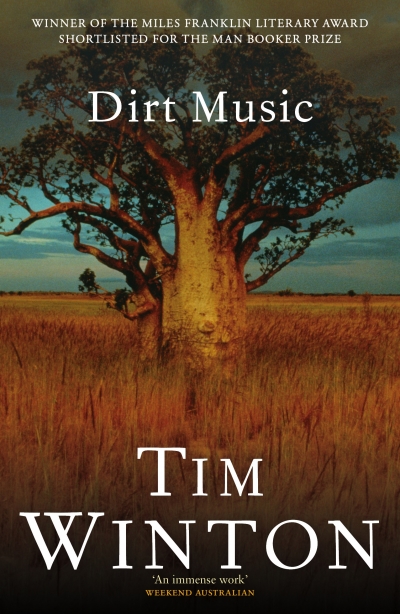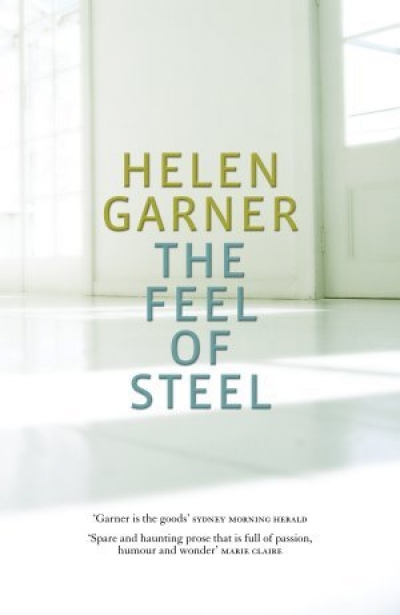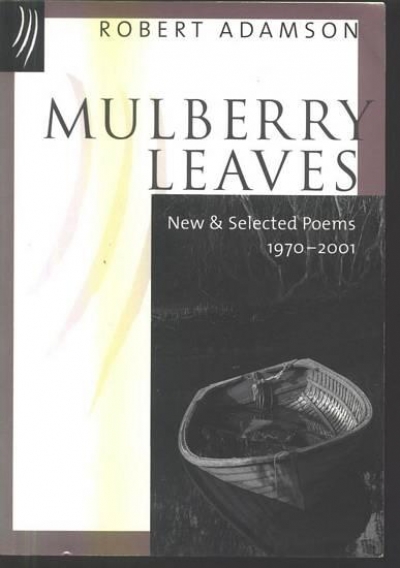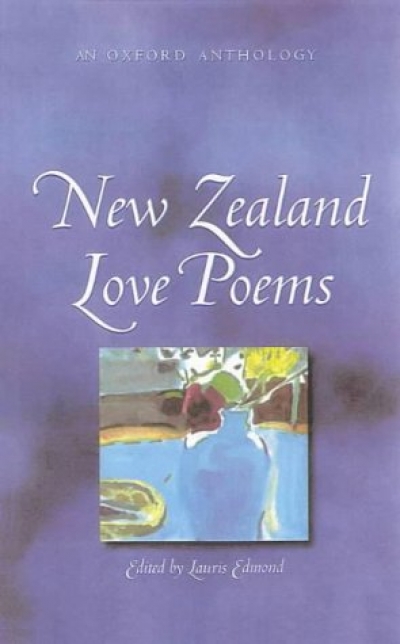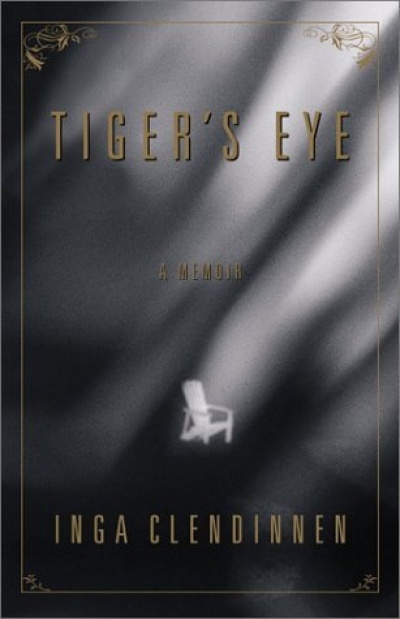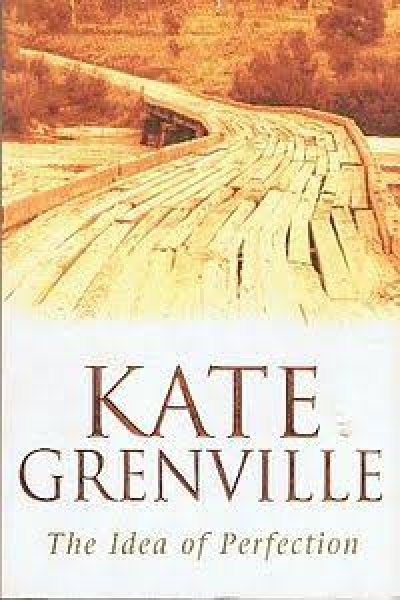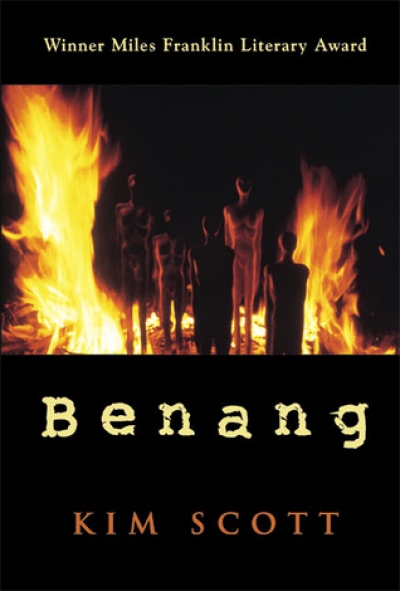From the Archive
Sign up to From the Archive and receive a new review to your inbox every Monday. Always free to read.
Recent:
In James Joyce’s Ulysses, Shakespeare is referred to as the happy hunting ground of all minds which have lost their balance. He is also referred to by Buck Mulligan, even less reverently, though with a distinct nationalist tilt, as ‘Shakespeare. I seem to recall the name. Ah, to be sure, the fellow who writes like Synge.’ Well, there probably are analogies between the greatest of all dramatists, who could also, as Donald Davie pointed out, use any word in the language he chose (and hence manipulated an extended diction), and the chap who set the Abbey Theatre stage on fire with the dynamic stylisation of Irish peasant speech in The Playboy of the Western World. Just as there are analogies between the poet who could write King Lear and the lonely Jesuit who wrote, ‘O the mind, mind has mountains: cliffs of fall / Frightful, sheer no-man-fathomed: / Hold them cheap may who ne’er hung there’, and all those tragic sonnets. Not to mention the fellow who posed in front of the bookshop sign in Paris.
... (read more)Mulberry Leaves: New and selected poems, 1970–2001 by Robert Adamson
New Zealand Love Poems: An Oxford anthology edited by Lauris Edmond
The question is probably all wrong. How can an American – well, an Egyptian-born American, if hyphenate we must – pronounce life on Australia? I came to the Antipodes late in my life, drawn to the Pacific, that great wink of eternity, Melville called it, drawn to horizons more than to origins. I made friends and became in Australia a wintry celebrant.
... (read more)

